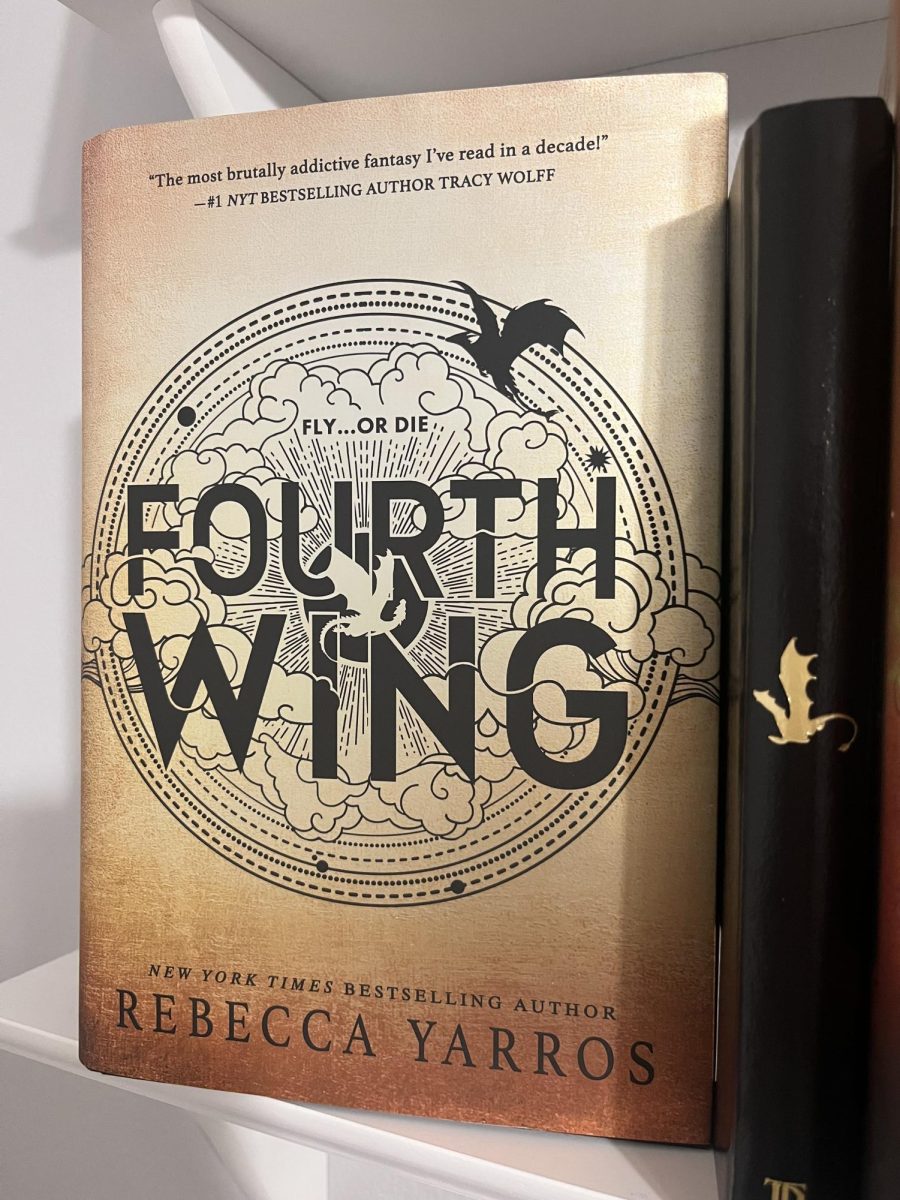Bridge Of Spies: Solid Eight
October 21, 2015
What makes an American an American? This is the question posed by the Coen Brothers (The Big Lebowski, No Country for Old Men) in their Cold War espionage script. Bridge of Spies is based on the true story of the 1960 U-2 Incident, in which an American spy plane pilot was shot down and arrested by the Soviets. At the same time, the Americans have their own captured spy in possession from two years prior. Eager to negotiate a prisoner exchange, the CIA enlists the help of James B. Donovan (Tom Hanks), an insurance lawyer from Brooklyn, to act as a negotiator free of government affiliation. What follows is a brilliant revival of old Hollywood’s spy thriller, made possible by master director and storyteller, Steven Spielberg.
Where most filmmakers would devolve into overt, cringe-worthy patriotism, Spielberg instead questions that very idea. Is an American nothing but someone living within our borders, or something more? Our protagonist, Mr. Donovan, asserts that an American upholds the Constitution. They protect those in need and fight for what’s right. There are no grey areas for Mr. Donovan, and this becomes especially apparent when he is asked to defend “the most hated man in America,” an elderly man suspected of stealing atomic secrets and relaying data to the Soviets. Rather than participate in what is obviously a kangaroo court, filled with illegally obtained evidence and presided by an ignorant judge hell-bent on giving the death penalty, Donovan fights for a fair trial. As the film progresses, the stakes are raised and Donovan is placed in a very uncomfortable position. Will he digress from his principles and act as a puppet for the CIA, or stick to his morals? In these politically turbulent times, the film’s message is especially provoking. Leave it to Spielberg to make an old story feel brand new.
Although it will probably be remembered as one of Spielberg’s minor productions (think War Horse or Catch Me If You Can), Bridge of Spies is still ripe with the aging artist’s subtle camera movements and brilliant sense of rhythm. Even though he must have known it wouldn’t go down in history as one of the best in his extensive filmography, Spielberg doesn’t grow lazy or detached. He puts in as much love and energy as he would for any other production.
Steven Spielberg is often criticized as an overly sentimental filmmaker, eager to show the bright side of things. Bridge of Spies is a crowd-pleaser on the surface, to be sure. Hollywood movies have to be fun and simple so the general public can remain interested. It’s the only way to make any money back, as frustrating as that can be. But there is a much more sophisticated political statement underneath. Not once does the script ever paint the United States as the good guys and the Soviet Union as the bad guys. Tom Hanks plays a man caught in the middle of two great empires, each committing their own acts of violence and deceit. While he is a proud American, his loyalties are to the Constitution, not the government itself. We live in a time where every statement is political, and the country is perhaps even more divided than it was during the 1960s. Bridge of Spies offers thoughtful insight into the current American political psyche like no other Hollywood film this year, and it’s a thrilling ride from start to finish.



